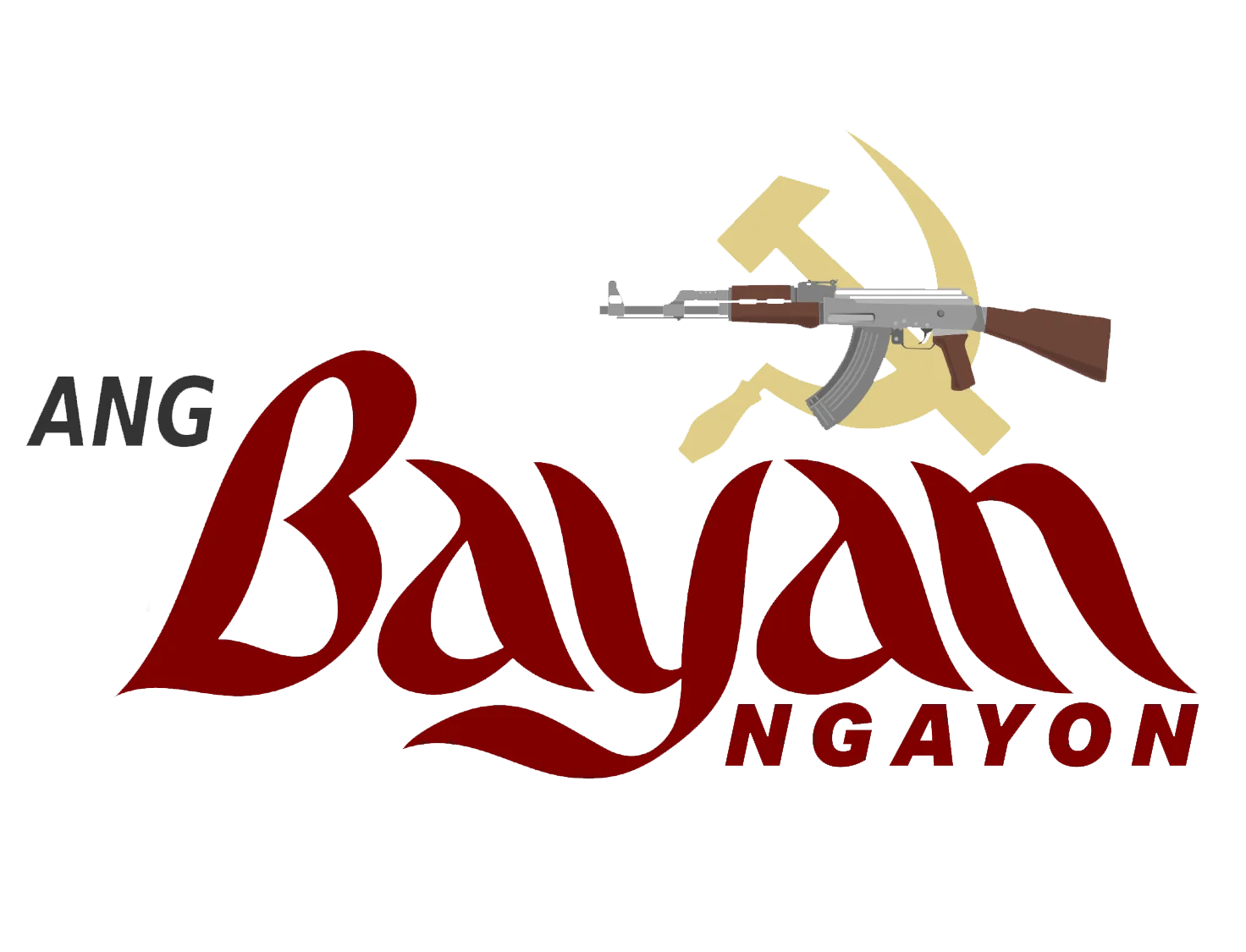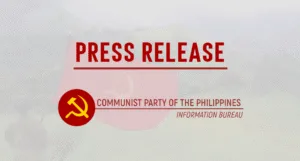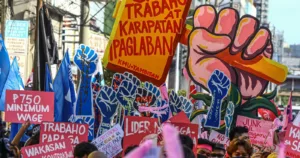The Makabayang Kilusan ng Bagong Kababaihan (Makibaka) calls on the LGBT+ masses and the Filipino people to remain vigilant against the sabotage and deception of imperialism and all reactionaries in the struggle of LGBT+ community and the celebration of Pride Month every June. According to the group, imperialism distorts the celebration to separate the LGBT+ community from the struggle against discrimination, national oppression, and exploitation.
In past Pride events, large corporations and politicians flock to gather as supporters of the sector’s struggle. “Let us not allow ourselves to be blinded by the colorful festivities promoted by large corporations and their local politician cohorts,” the group said.
Makibaka states that while imperialism, corporations, and the government hold festive-like Pride events, they continue to implement laws and economic and political policies that further sink the LGBT+ masses into the quagmire of joblessness or lack of decent work, pushing them into anti-social activities just to survive.
“Imperialist cruelty is unrivaled, using deceptive non-government agencies (NGOs) and government agencies that pretend to advance LGBT+ rights, yet turn a blind eye to violations of LGBT+ rights and deny the appropriate services the community fights for,” the group added.
This pattern is called “rainbow washing” or “rainbow capitalism.” This means they appropriate the symbols and language of the LGBT+ sector so corporations can profit more. These entities cunningly pretend to support the sector’s struggle without offering real support.
In the Philippines, considered one of the “LGBT+-friendly countries,” LGBT+ people face multiple layers of suffering amid weak or absent policies that would protect them.
A recent study by University of the Philippines (UP)-Diliman professors found that Filipino LGBT+ individuals are twice as unlikely to find work and three times as likely to be in “vulnerable employment.” According to the study, “vulnerable employment” means self-employment or engaging in unpaid work.
The study also found that the sector is three times more likely to experience discrimination and violence at work. “The most common is verbal abuse by a coworker or supervisor […] Our study participants also commonly reported being monitored by their coworkers or supervisors for their appearance or mannerisms,” UP School of Statistics Assistant Professor Xavier Javines Bilon, one of the researchers, said.
Aside from this, the group also called on Filipino LGBT+ people to be critical of the imperialist cultural offensive on the consciousness and practices of the masses. “They prettify and deodorize bourgeois-decadent culture such as false standards of beauty and other ‘standards of being LGBT+’,” Makibaka said. The group added that these promote individualism and hypersexuality and lead the movement astray from the path toward genuine liberation.
According to Makibaka, amid such attempts, LGBT+ unity must be strengthened, and the history of the LGBT+ movement in the Philippines, which began at Stonewall Manila on June 26, 1994, must be revisited. The militant march and the spark of several decades of LGBT+ struggle were led by the Progressive Organization of Gays in the Philippines (ProGay), in partnership with the Metropolitan Community Church (MCC).
“The LGBT+’s push to exist freely is a bold confrontation of the feudal-patriarchal society. However, only unity and direct participation in the national-democratic revolution can truly and fully clear the path toward complete liberation of LGBTQIA+ together with the oppressed and exploited people,” the group said.













